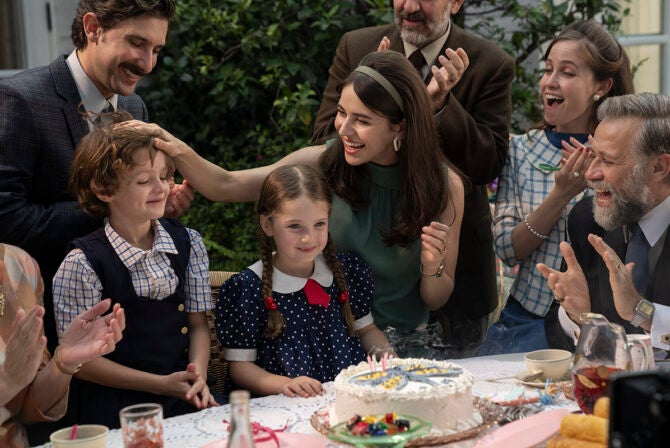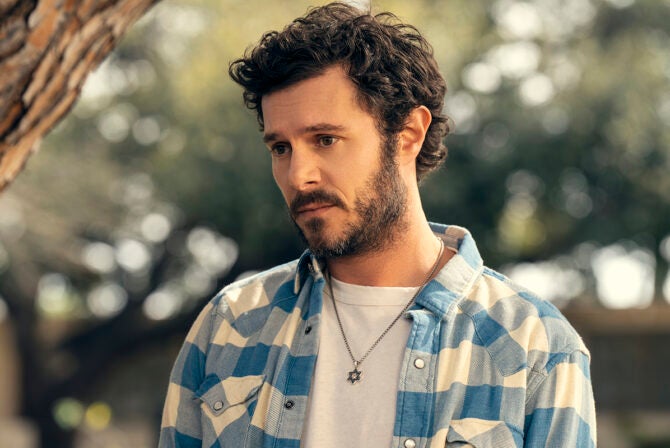We all love Aly Raisman, Gabby Douglas, and the rest of the USA women’s gymnastics team. They were the only team I tried to catch when they performed. I don’t enjoy watching sports, but I love ballet and I am astonished at what those young women could do with their bodies. Their movements seem to take dance to another level.
But I wonder–at what cost? What do athletes like Aly and Gabby give up to achieve perfection in their sport? Surely they give up the typical childhood and adolescence most people have. And although when you are going through it, it may seem painful, most of us cherish memories of school, camp, birthday parties, friends. I guess I mean that they miss the balance of a life well-lived. (No pun intended.)
Because when you train that hard, in that one thing, for only one purpose, a lot of life passes you by. And would we really want that for ourselves? Or for our children?
What is the effect on these Olympians, after their glory days are over? And what about the “losers” whose tears and sobs hurt you just to watch on a television? Do they look back on their childhood and think that they have failed “life?” Because if your life is dedicated to one thing, and you don’t excel the way you wanted to, how awful must that feel?
Even for those who do get on a Wheaties box, do they feel that the best days were behind them by 25, or even 18, years old? What can they do next that can even approach the dedication they had to their sport?
And another thing: whenever I watch the Olympics, I think, as Adam Sandler might say, that it’s not “too Jewish.” It always seems so Greek to me–not only for the obvious reason but because whereas ancient Greek culture glorified the body, our own Jewish culture glorifies the mind. If people were training their minds, rather than their bodies, I wonder–how would the world be different? Would cancer be a bad memory? Would there be no more droughts? Would all the world’s people have access to good food, potable water, and health care? Could someone figure out how to end war?
I do applaud the young athletes for their achievements but, truthfully, I think the whole thing is a colossal waste of human effort. And I know that never in a million years could I have allowed my own children to concentrate so intensively on just one thing, to the exclusion of almost anything else, no matter how good they were at it. Especially if they had to face the whole world in the supreme moment towards which they had directed all their efforts.
Look at those poor Chinese athletes. OK, so we don’t go that far in isolating and pressuring our best athletes and humiliating them when they fail to achieve success. But maybe it’s really a matter of degree. Again, I wonder, how those kids really feel about what they’ve lost over their lifetimes while continually practicing their sport? Are they aware of what was lost? How will they really feel when it’s all over? Can they pick up and just live after all that? What do they then do, and how do they do it?
I guess I’m glad my children lived “average” lives. They turned into well-rounded, self-actualized adults with many interests, good relationships, and satisfying careers.
I’m glad that among their most prized possessions, there is not an empty box of cereal.







